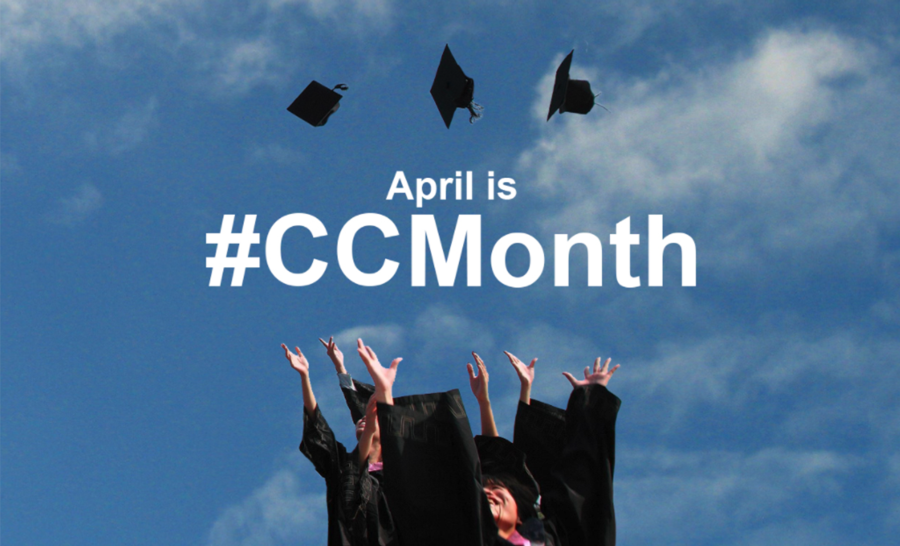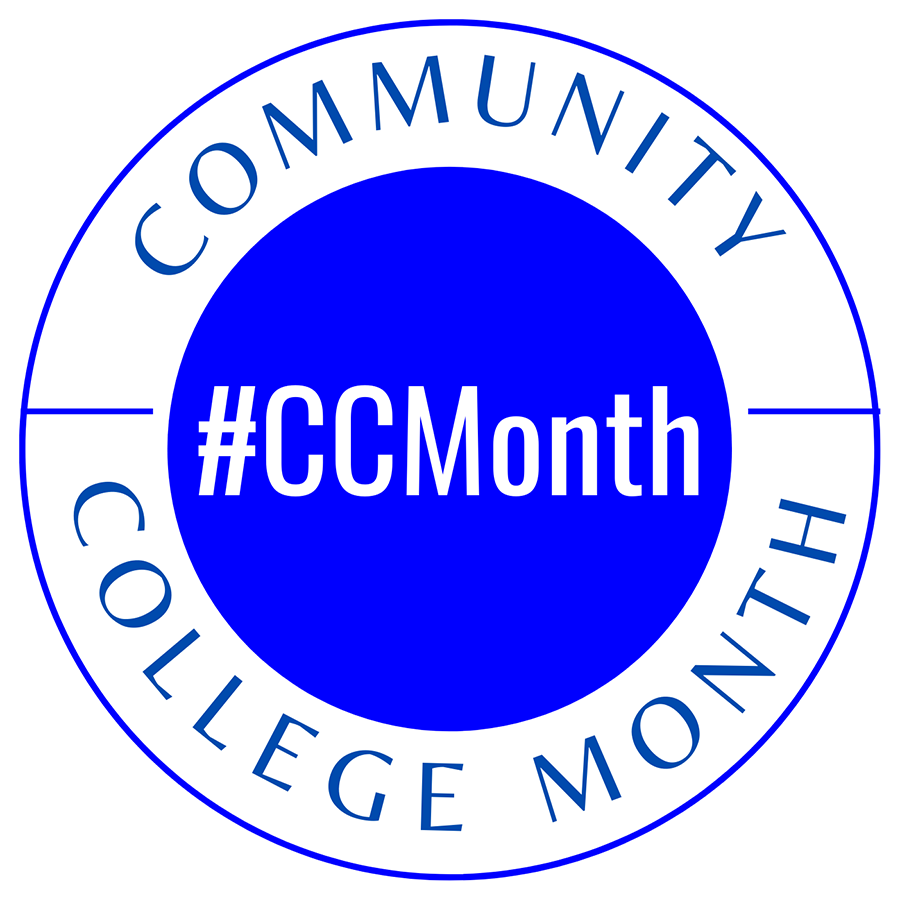Three Ideas for Post-Coronavirus Educational Recovery
There are many ways that schools can proactively address the inevitable and inequitable gaps caused by coronavirus-related school closures.
FirstGen Forward / April 05, 2022

April is Community College Month and provides an opportunity to #AdvocateFirstgen on behalf of the multitude of first-generation students attending these crucial higher education institutions.
According to the Association of Community College Trustees’ (ACCT) analysis of data from the U.S. Department of Education, National Center for Education Statistics’ 2015-16 National Postsecondary Student Aid Study, nearly one-third of community college students are the first-generation to attend college. A similar analysis conducted by the Center for First-generation Student Success and RTI International found that roughly 64% of students at public, “two-year” institutions identify as first-generation. Although this percentage has declined in recent years (and varies considerably based on the first-generation definition applied), the share of first-generation students at community colleges is still greater than at other types of higher education institutions.
While often undervalued in their locales, community colleges offer wide access and multiple options for obtaining postsecondary credentials. Offerings typically include general education courses that lead to associates degrees, options for transfer to four-year institutions, workforce training programs and certifications to meet the needs of local employers, and community interest classes.
Community colleges offer open admissions policies, lower tuition rates (when compared with four-year institutions), and some degree of flexibility for those currently employed or with family commitments who desire to bolster their education or credentials. For first-generation college students, these factors may be especially important.
Highlighting the value community colleges provide to their communities and first-generation students will advance the success narratives of both groups.

Public funding for community and technical colleges lags when compared with that provided to four-year institutions. The Center for American Progress found that community colleges receive $8,800 per student less in revenue when compared with four-year institutions. Given variations in state funding formulas, these numbers do vary widely from state to state. These discrepancies do provide an opportunity for advocacy on behalf of community colleges to secure adequate resources to support the disproportionate numbers of first-generation, low-income, and minority students that they typically serve.
Given the special role of community and technical colleges in higher education and the large numbers of first-generation students they serve, how can you #AdvocateFirstgen during #CCMonth?
Highlighting the value community and technical colleges provide to their communities and first-generation students will advance the success narratives of both groups and gives you an opportunity to #AdvocateFirstgen through increased awareness.
What strategies have helped you to champion first-generation students successfully? Share your perspective on first-generation student advocacy and pertinent policy issues across social media with #AdvocateFirstgen.